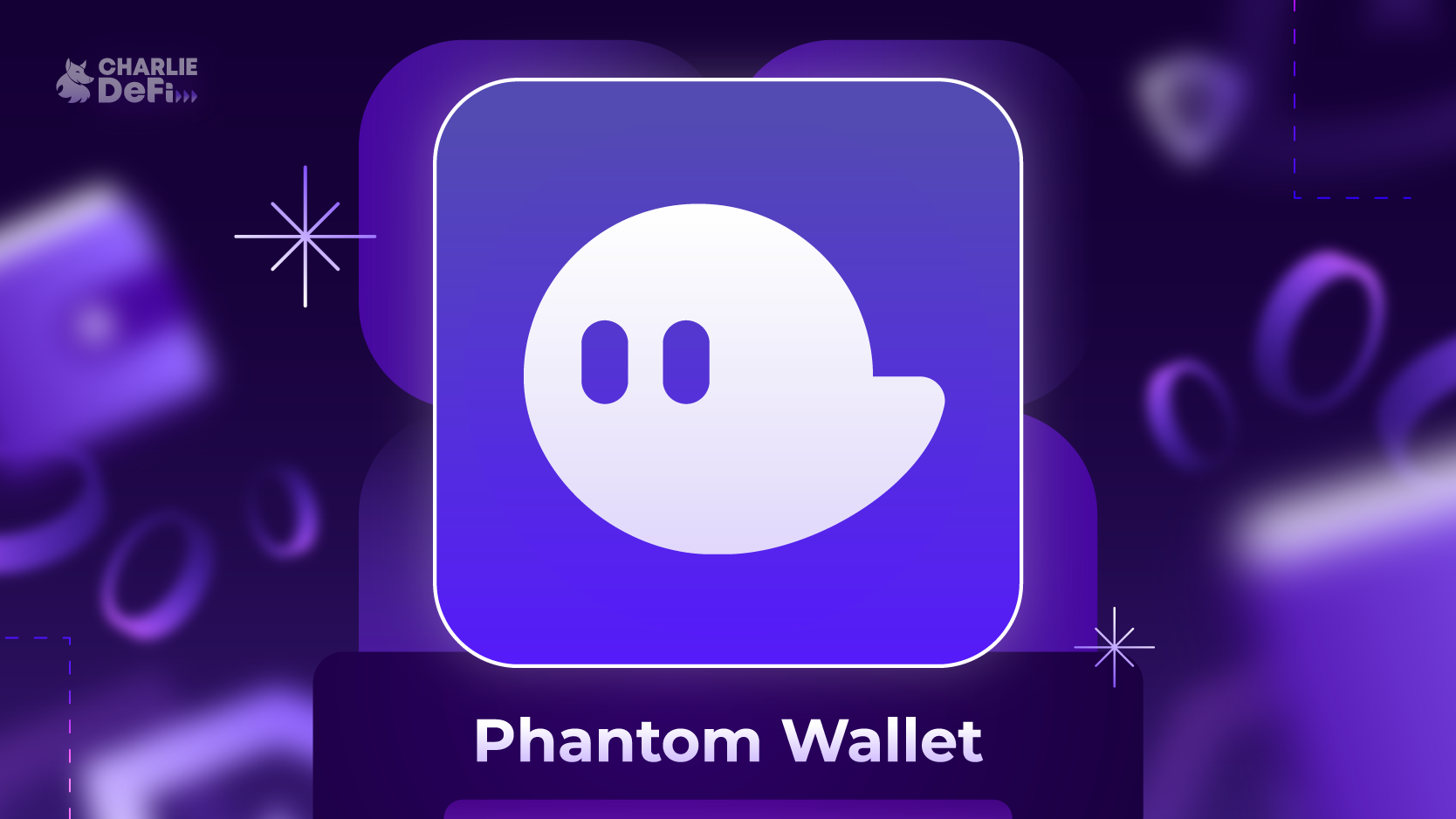
Close

So, I was messing around with different Solana wallets the other day, and something just felt off about the usual suspects. You know how you try an app and it seems slick but kinda clunky underneath? Yeah, that. Then I stumbled on Phantom, and wow! It’s like the smooth operator of the crypto wallet world on Solana. Seriously, it’s one of those rare cases where the experience just clicks.
At first glance, Phantom looks super simple. Honestly, that simplicity had me skeptical. Too simple almost, you know? But then, digging deeper, the way it handles staking SOL and NFTs blew me away. It’s not just a wallet—it’s like your gateway to the entire Solana ecosystem without the usual headaches.
Here’s the thing. Managing SOL tokens and NFTs on Solana used to involve juggling multiple apps or browser extensions that felt very… 2018. Phantom bundles it all seamlessly. Plus, the interface? Clean but powerful. It’s fast, and that matters when you’re dealing with crypto transactions where every second counts.
Okay, so check this out — if you’re into staking SOL (which, by the way, is a very very important way to earn passive rewards on your holdings), Phantom makes the process almost effortless. You don’t need to wrestle with complicated command lines or third-party services. Just a few clicks, and you’re earning rewards while holding onto your tokens. It’s intuitive, but also secure.
But wait, it gets better. For NFT collectors on Solana, Phantom is like having your own digital gallery and wallet in one. You can browse, send, and receive NFTs directly within the wallet. No jumping around from platform to platform. It’s kinda wild how much friction this cuts down.

Initially, I thought all wallets were basically the same beneath the surface. However, Phantom’s approach to user experience is quite different. On one hand, it offers all the core functionalities you’d expect. But on the other, it integrates features that feel very thoughtfully designed for both newcomers and pros.
Something else I appreciate is how Phantom balances security with convenience. You get things like biometric unlock, hardware wallet support, and seamless transaction approvals. But the wallet doesn’t bombard you with tech jargon or unnecessary steps, which is a breath of fresh air.
I’m biased a bit, but I think their focus on community feedback really shines through. Bugs get fixed quickly, and new features often reflect what users actually want, not just what developers think is cool. That’s not super common in crypto projects, so it’s worth calling out.
Oh, and by the way, if you want to give it a spin yourself, the official phantom wallet download page is the best place to start. It’s safe, straightforward, and always up to date.
Still, I’m not 100% sure if Phantom is perfect. For example, some advanced users might find certain customization options a bit lacking compared to more hardcore wallets. But then again, maybe that’s the trade-off for its sleekness and ease of use.
Staking has always been a bit intimidating for a lot of folks. You’re locking up your coins, watching numbers change, and hoping for the best. Phantom helps demystify that. The wallet’s interface guides you through selecting validators, understanding rewards, and tracking your stake without making you feel like you need a PhD in blockchain.
Whoa! The dashboard even shows estimated earnings over time, which is super handy. It turns what could be a dry, technical process into something more tangible. My instinct said, “This is how staking should always be.”
Now, staking on Solana has a unique vibe. The network is fast, cheap, and energy-efficient compared to older blockchains. Phantom leverages that by making the process nearly frictionless. You’re not waiting forever for confirmations or paying crazy fees.
One caveat though—staking rewards fluctuate with network performance and validator choices, so it’s not a guaranteed payday. Phantom does a decent job highlighting these nuances, but it’s still on you to decide where to stake.
NFTs on Solana have exploded, and Phantom is right there riding the wave. The wallet supports displaying and managing your digital collectibles with a crisp UI that doesn’t get bogged down in complexity. You can even connect to popular NFT marketplaces right from the wallet.
What bugs me a little is that some NFT metadata can be slow to load or incomplete, but honestly, that’s more a Solana ecosystem issue than Phantom itself. The wallet’s team is actively improving it, though, which is promising.
One feature I really like is the ability to sign transactions securely without leaving the wallet. This cuts down on phishing risks and makes trading or minting NFTs safer. You feel in control without jumping through hoops.
Still, I wonder how Phantom will evolve as NFT use cases grow beyond art and collectibles. Will it support more complex interactions like gaming assets or metaverse integrations? Time will tell.
If you’re diving into Solana, whether for staking SOL or collecting NFTs, Phantom is definitely worth a look. Its blend of usability, security, and ecosystem integration makes it stand out. Plus, it caters to both newbies and experienced users, which is a tough balance.
That said, if you’re a hardcore developer or need ultra-custom features, you might find it a bit limiting. But for most folks, it hits the sweet spot. I keep coming back to it, and honestly, it’s become my go-to.
So, if you haven’t tried it yet, go ahead and grab the phantom wallet download. It’s free, lightweight, and really brings the Solana experience to life without the fuss.
Anyway, that’s my take after poking around and staking some SOL myself. There’s still plenty to learn, but Phantom makes the journey feel less like a chore and more like an adventure. And isn’t that what crypto should be about?

© 2021 Ahmed Rebai – Tous les droits réservés. Designed by Ahmed Rebai Famely.